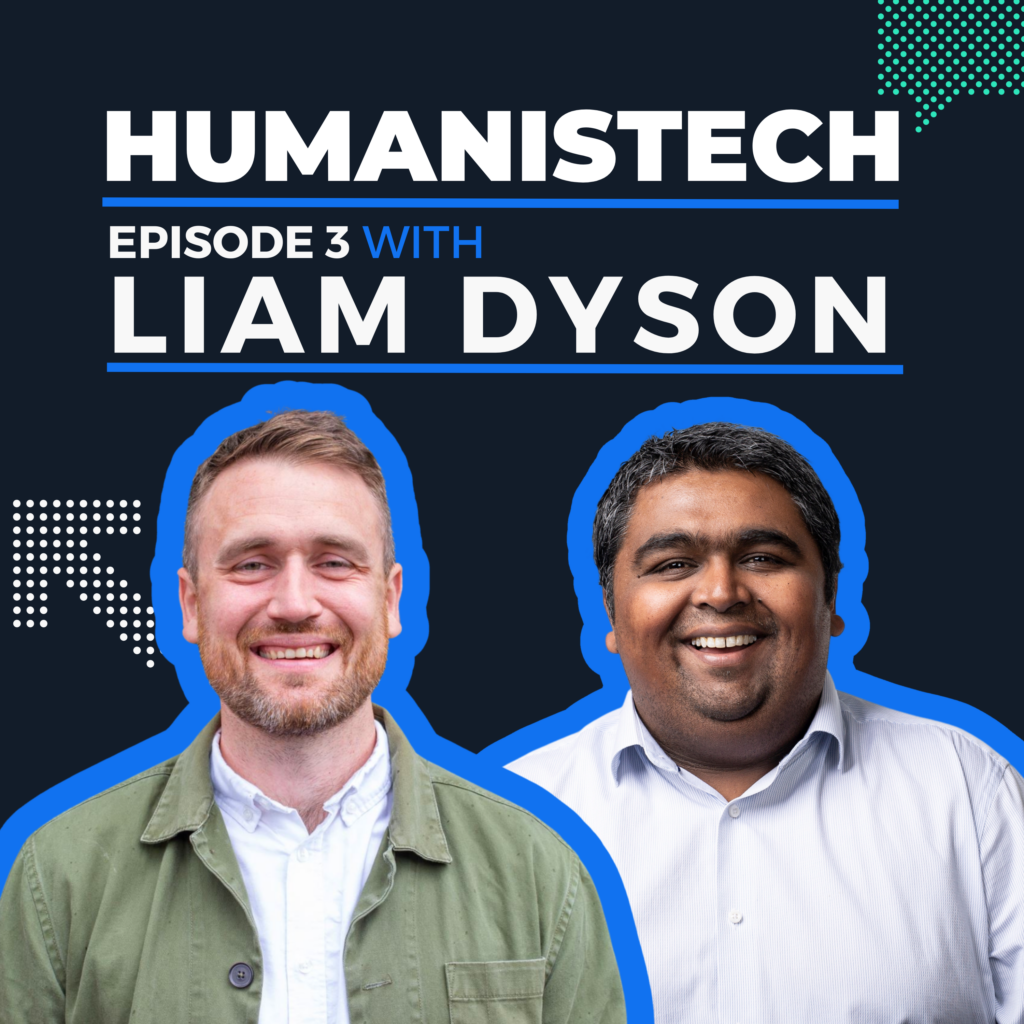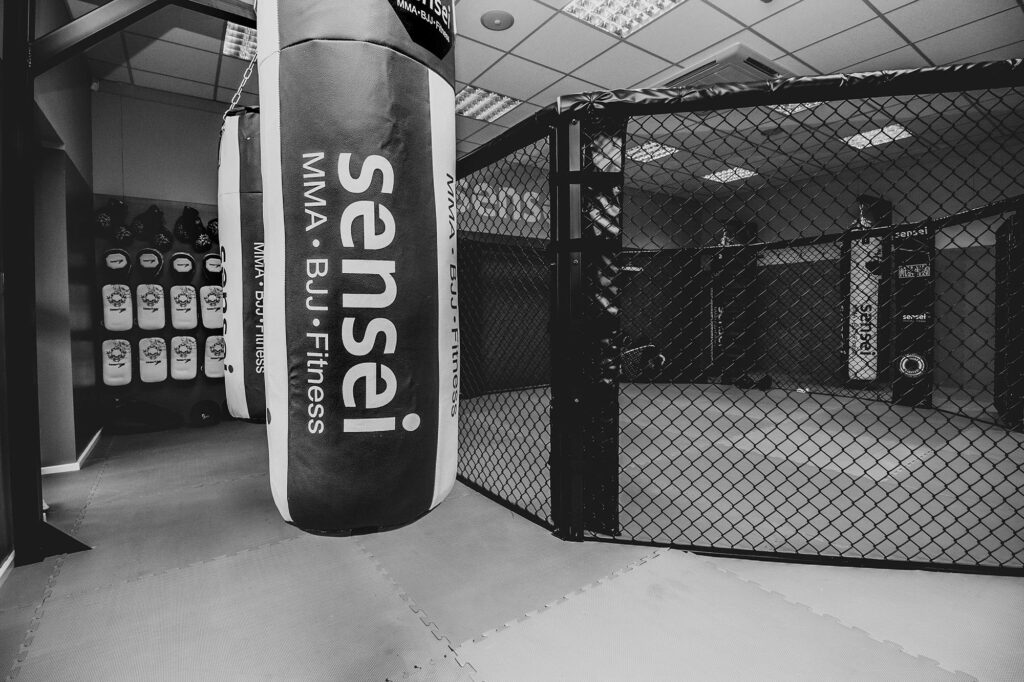At the turn of 2020‚ no one could have predicted a pandemic would send shockwaves across the global economy. In what has turned out to be a particularly taxing year for start-ups‚ Fintech companies have borne the brunt‚ requiring them to adapt their existing strategies and digital products to remain relevant against both the competition and on-going economic changes. Savings and investment app Moneybox‚ for example‚ have accelerated their recruitment and onboarding processes for certain teams to ensure they remain innovative throughout Coronavirus‚ conducting interviews and social events via video call.
Few people understand the challenges faced by the Fintech industry as well as Ian Pope. As founder of Pope Marshall‚ Ian offers a talent advisory service for fintech markets. With 22 years’ experience in headhunting‚ he has spent the last 12 years working with “neobanks”.
“We work on-site while neobanks are undergoing their bank licence approval process‚ usually from inception through to full licence. They want to remain relatively low-key while they go through the regulatory process.
“Pope Marshall guides them through this. Once they get to the mobilisation stage‚ we find them an internal talent person to start training from within. At this point‚ we help out with a thorough‚ considered recruitment process.”
The barriers to fintech recruitment
Like most start-ups‚ human resource is one of the biggest barriers to fintech recruitment. “The issue with start-ups is that there are so many things going on at once. They have no time to even write a functional job description. We go beyond just doing a word match against a boilerplate spec. We educate ourselves on the company culture‚ and interrogate the spec to a high degree to make sure it’s fit for purpose.”
But when it comes to launching a new fintech service‚ what is more important – the people or the product?
“It depends entirely on whether or not they’re in a regulated environment. If they’re not regulated‚ there are more barriers with timelines‚ investment‚ and the market they’re in. If they’re building a widget‚ they’ll usually only have a single investor – so they need to build an MVP and take it to market.”
For regulated companies‚ however‚ the right team is essential. Ian notes that timelines are essential once again – but the best staff need to be present from the beginning. “You need to consider having the right people from a risk‚ finance and tech perspective. In those first six months‚ you need to have the right figurehead for the business.”
Do fintechs overlook the recruitment process?
One thing that fintech start-ups may miss is the money-saving potential of good recruitment. “Let’s say you need a CTO. You can find someone at a chief architect level and pair them with a tech-savvy‚ independent non-executive. This works just as well and can save you up to £100k on salaries.”
Ian also suggests start-ups should be commercially-minded from the outset. “Historically‚ most of these companies have focused on customer service and UX. But they also need to focus on the commercial side. You can’t change the world and then make money – I’d suggest doing it the other way around.”
Of course‚ he concedes that many successful start-ups are a case of right place‚ right time. “The crucial difference is that commercially-minded people know how to spot an opportunity.”
Exemplary of this‚ a team operating under the moniker of ‘Covid Credit’‚ made up of entrepreneurial software developers from FinTech organisations such as 11:FS‚ Credit Kudos‚ Capital on Tap and Coconut‚ have collaborated to develop a platform allowing sole traders to prove COVID-related loss of income.
Diversity and culture: how we can attract the top talent
With Pope Marshall’s reputation for meticulous hiring‚ Ian is a keen advocate of behavioural tests‚ which form a deeper suitability and assessment phase.
“Businesses often miss vital signs early on in the interview process. To find the real top-tier talent‚ they need to use a combination of behavioural and technical competency tests.” He cites examples from companies such as Good&Co‚ who have ‘gamified’ their behavioural assessments based on input from a former Google psychologist.
“These are so much more involved. They talk about learning and development needs‚ work ethic‚ and morals – all of which will determine if they’re the right cultural fit.”
Is diversity a non-issue in the tech space?
What is refreshing with fintech recruitment‚ says Ian‚ is that it’s so progressive. “Fintechs are so forward-thinking‚ sometimes diversity doesn’t even come up in the conversation. They really do take everybody on their own merits. The current generation is much less likely to present conscious or unconscious bias into the process. They recognise the benefits of a diverse and inclusive management structure that matches their values.”
Of course‚ as a relatively nascent industry‚ there are dangers of a limited candidate pool. For example‚ Ian notes that there are fewer female applicants for risk assessment roles. “It’s challenging‚ but I’ve seen first-hand the benefits of hiring with diversity in mind.”
Practising what you preach
Inclusive hiring practices may be one facet of company culture‚ but Ian advises that business values must be authentic. “You need to practise what you preach – your values shouldn’t be a tick box exercise for corporate HR.
“There are socially aware businesses like bunq‚ whose USP is that they want to make a positive impact‚ not only in the world of finance‚ but on the actual environment. They’re living and breathing those values. They’re moving towards carbon neutral with a paperless business model‚ and are committed to planting trees for each customer.”
Bringing it home
A notable shift in company culture is the unforeseen rise in remote working‚ which Ian says can only be a good thing for fintech recruitment.
“The ‘Work from Anywhere’ model gives you access to a much bigger talent pool. Coronavirus has moved us towards a flexible working environment far quicker than we could have anticipated. There’s no reason why all the full-stack developers should be in London‚ for example.”
Moreover‚ these mobile working developments are making recruitment a more even playing field. “Recruitment has changed from a proprietary database of information – for example‚ one agency might have had the monopoly on ERP. Today‚ everybody has access to that talent: it’s called LinkedIn.
“Today‚ recruitment is much more about managing the process and adding value to the assessment phase‚ offer management and onboarding. The placement should be the beginning of the relationship with the candidate‚ not the end.”
Tech as a recruitment asset
As more of us adjust to a working from home culture‚ Ian notes an upward trend in digital behavioural assessments. “Let’s say you need a project manager. You could ask them to record a four-minute dialogue about Agile – then they could describe what they do outside of work‚ which will help determine if they’re a good cultural fit.”
However‚ some tech developments have been slower to progress. “I thought video interviewing would be picked up quicker than it has. There are tech platforms like Odro and Hinterview‚ which record the process and self-delete for data protection. These add so many benefits to the process‚ and could save so much time and money on travel.”
He speculates that interviewers may feel as though there’s a lost “human connection” with video interviews. “85 percent of human communication is done via body language‚ but the benefits of video outweigh these minor drawbacks. How many times do we think ‘nice guy’ at the end of an interview‚ without any conclusive data?”
That being said‚ early adopters of remote onboarding such as Truelayer and Tide have commented that the new socially-distanced recruitment process has proved both practical and fruitful‚ allowing continued expansion without a need for physical presence.
While tech will always be an asset‚ it’s our personal judgement and behavioural assessments that will push fintechs forward.
“These are so important because one bad hire could lead to untold toxicity. That could push you back six months – which is six months your competitors have to get ahead.”
Find more information about Pope Marshall here.
Find out more about hedgehog lab’ digital services for emerging and established fintech platforms





